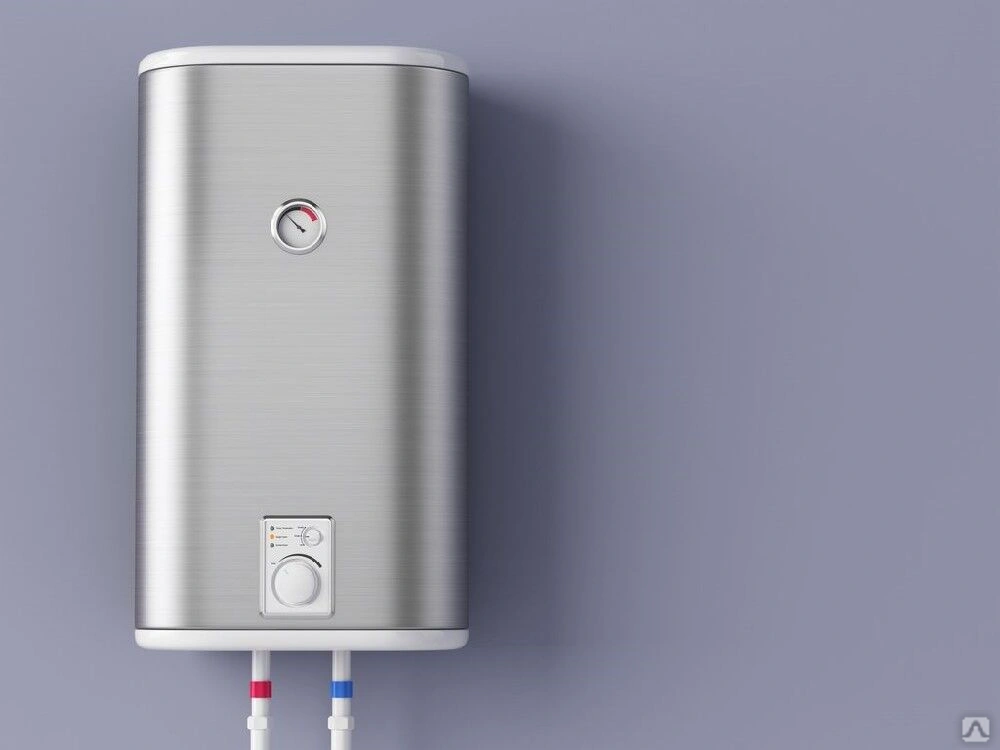When it comes to selecting the right water heater for your home, it’s essential to know the different options available to you. Choosing the best type of water heater can help you save on energy bills, reduce your carbon footprint, and ensure that your household has access to reliable hot water. At High Efficiency LLC, we specialize in providing high-efficiency water heating solutions tailored to your needs. In this article, we’ll break down the most common types of water heaters, their benefits, and considerations to help you make an informed decision.
Table of Contents
Toggle1. Tank Water Heaters (Storage Water Heaters)
Traditional tank water heaters are the most common and widely used type of water heater. These systems consist of a large tank that stores a specified amount of hot water, which is constantly heated by an electric element or gas burner. When you turn on the hot water tap, the stored water is ready for use.
- Pros:
- Simple to install and maintain.
- Lower upfront cost compared to some other options.
- Available in a variety of sizes to meet the needs of different households.
- Cons:
- Energy inefficiency due to the constant heating of water to maintain the desired temperature.
- Limited hot water supply – once the tank is depleted, you must wait for it to heat up again.
2. Tankless Water Heaters (On-Demand Water Heaters)
Tankless water heaters, also known as on-demand water heaters, are designed to heat water only when you need it. These units are typically more energy-efficient than traditional tank models because they don’t need to keep water hot all the time. Instead, when you turn on the hot water faucet, cold water passes through the system and is heated instantly by an electric element or gas burner.
- Pros:
- Highly energy-efficient since they heat water on demand and don’t suffer from standby heat loss.
- Never run out of hot water – ideal for larger families or homes with high water demand.
- Compact and space-saving design.
- Cons:
- Higher initial cost and installation requirements.
- May not be ideal for homes with high simultaneous water demands, as it may struggle to supply multiple fixtures at once.
3. Heat Pump Water Heaters (Hybrid Water Heaters)
Heat pump water heaters use a more energy-efficient method for heating water compared to traditional electric water heaters. They work by extracting heat from the surrounding air (or ground) and transferring it to the water. While they are typically more expensive upfront, their higher efficiency can save you money on your energy bills over time.
- Pros:
- More energy-efficient than traditional electric water heaters.
- Can lower your utility bills significantly.
- Environmentally friendly, as they rely on renewable energy sources (heat from the air).
- Cons:
- Higher upfront cost.
- Requires additional space for proper air circulation and installation.
- Performance may decrease in cooler climates, making them less effective in colder months.
4. Solar Water Heaters
Solar water heaters harness solar energy to heat water, making them an eco-friendly option. These systems use solar panels installed on your roof to collect sunlight, which is then converted into heat for the water in a storage tank. Solar water heaters are ideal for homeowners who are looking to reduce their carbon footprint and rely on renewable energy sources.
- Pros:
- Environmentally friendly and reduces reliance on traditional energy sources.
- Long-term savings on energy bills.
- Eligible for tax incentives and rebates in many regions.
- Cons:
- High initial installation cost.
- Performance is dependent on the amount of sunlight available, which may make it less effective in cloudy or rainy climates.
- Requires adequate roof space for the installation of solar panels.
5. Condensing Water Heaters
Condensing water heaters are a type of gas-powered unit that captures and utilizes heat from exhaust gases. This process helps improve energy efficiency by recovering heat that would otherwise be wasted. These units are typically more efficient than traditional gas-powered water heaters.
- Pros:
- Very energy-efficient with reduced fuel consumption.
- Lower environmental impact due to fewer emissions.
- Cons:
- Higher installation costs and more complex venting requirements.
- May require specialized installation, which can increase costs.
6. Point-of-Use Water Heaters
Point-of-use water heaters are small, compact units that provide hot water directly to a single faucet or appliance. These heaters are ideal for locations where you need instant hot water, such as a bathroom sink, kitchen, or outdoor area.
- Pros:
- Instant hot water, reducing wait times.
- Space-saving and ideal for small spaces.
- Energy-efficient for specific, localized needs.
- Cons:
- Limited to providing hot water for one fixture.
- Not suitable for whole-house heating unless you install multiple units.
Which Water Heater is Right for You?
Choosing the right water heater depends on various factors, including the size of your household, your water usage habits, and your energy efficiency goals. At High Efficiency LLC, we specialize in providing energy-efficient water heating solutions designed to meet your specific needs. Whether you’re looking to reduce energy consumption, increase the supply of hot water, or make a more environmentally friendly choice, we can help guide you to the best solution.
Conclusion
There are many types of water heaters to choose from, each with its own advantages and considerations. From traditional tank water heaters to more energy-efficient tankless systems, heat pump water heaters, and even solar options, there’s a solution for every household. By understanding the pros and cons of each type, you can make a well-informed decision that will save you money and improve the comfort of your home for years to come. For expert guidance and installation, contact High Efficiency LLC to explore the best water heating solution for your home.









